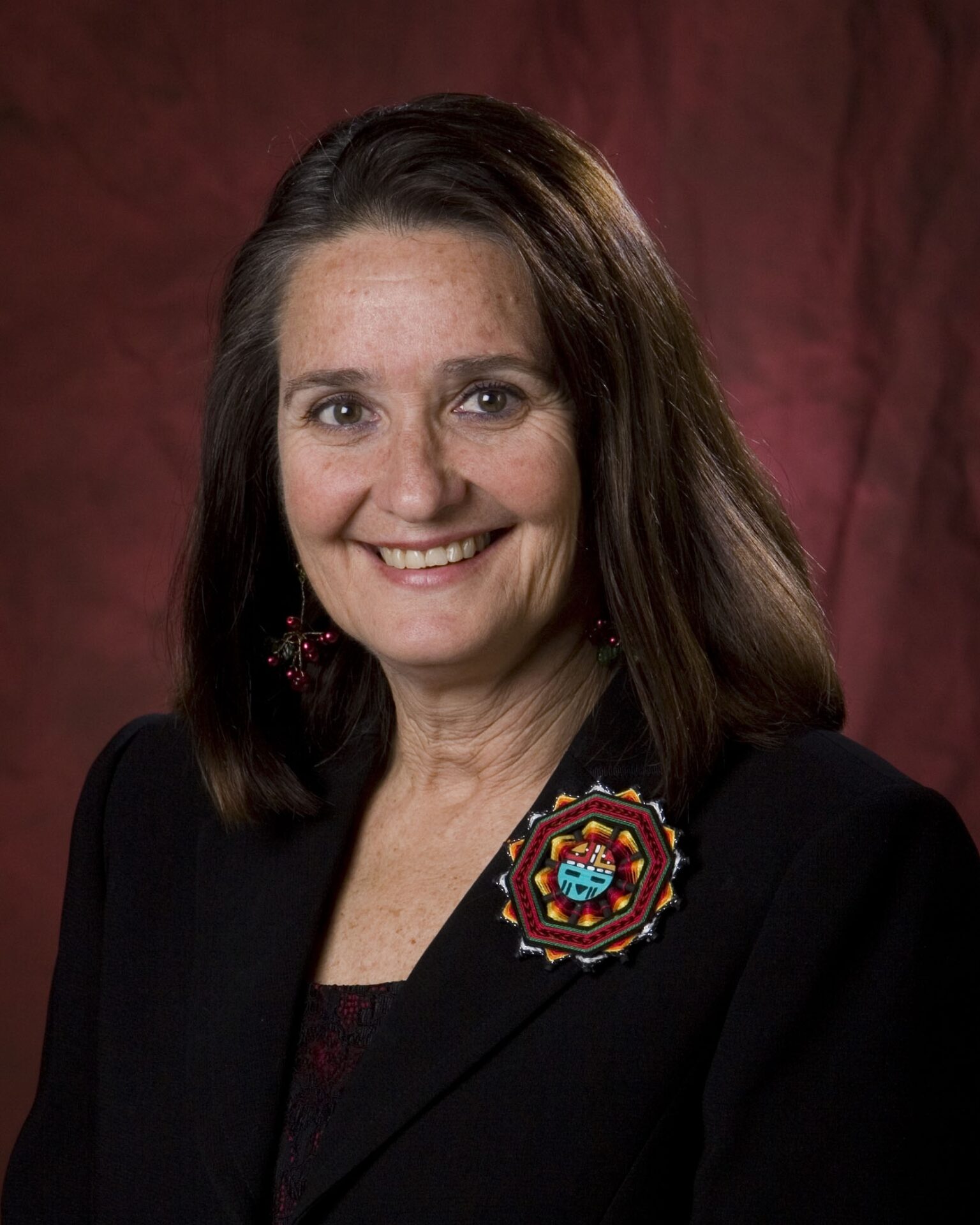
FOR IMMEDIATE RELEASE | New York, NY – CSH today announced Diana “Dede” Yazzie Devine, a longtime community development advocate for America’s Indigenous people, was appointed to its Board of Directors. Devine is President and CEO of Phoenix-based Native American Connections (NAC), which provides affordable housing, behavioral health, and economic development services that honor the cultural traditions and practices of the region’s tribal communities.
Devine joins the 18-member board of directors comprising leaders in affordable housing, human services, advocacy, legal-justice system, healthcare, and real estate. Devine brings extensive housing and services expertise to the board at a time when our country is experiencing an affordable housing crisis resulting in increasing homelessness as well as an overreliance on institutional care.
“Dede has been a leader in community development in Arizona with a deep understanding of how Community Development Financial Institutions like CSH can have a lasting impact. Her hands-on experience creating housing and services solutions and developing workforce programs will be important to our organization as we operationalize our new strategic plan that identifies Housing, Services, and Economic Stability as key focus areas”, said Deborah De Santis, President and CEO at CSH.
Devine’s career began in substance abuse counseling focusing on serving Native American urban and tribal entities in Phoenix. She joined NAC in 1979. Since then, Devine has guided NAC to own and operate more than 1,200 affordable and supportive housing homes for tribal members experiencing homelessness. NAC also provides comprehensive and culturally appropriate behavioral health services and promotes economic development among tribal communities.
“As CEO of Native American Connections (NAC), it has been an honor to serve my Community for over 40 years,” Devine reflects. “NAC has been a leader in creating housing solutions for Phoenix’s growing sheltered and unsheltered homeless population, and I am now honored to be able to share our lessons learned at the National level with my representation on the Corporation for Supportive Housing Board of Directors.”
Devine sits on various boards and committees and has been recognized with numerous awards for her leadership and service.
“We could not be more delighted to welcome Dede to the CSH board of directors. She brings a wealth of expertise, compassion, and commitment to an already dedicated group of leaders focused on guiding CSH along its journey toward housing justice,” said Stephen Norman, Chair of CSH Board of Directors. “Her experience and approach will help guide CSH in engaging communities with humility as we offer solutions to housing instability customized to local needs and preferences.”
###
Media Contact: Jesse Dean | 347-931-0132 or [email protected]
